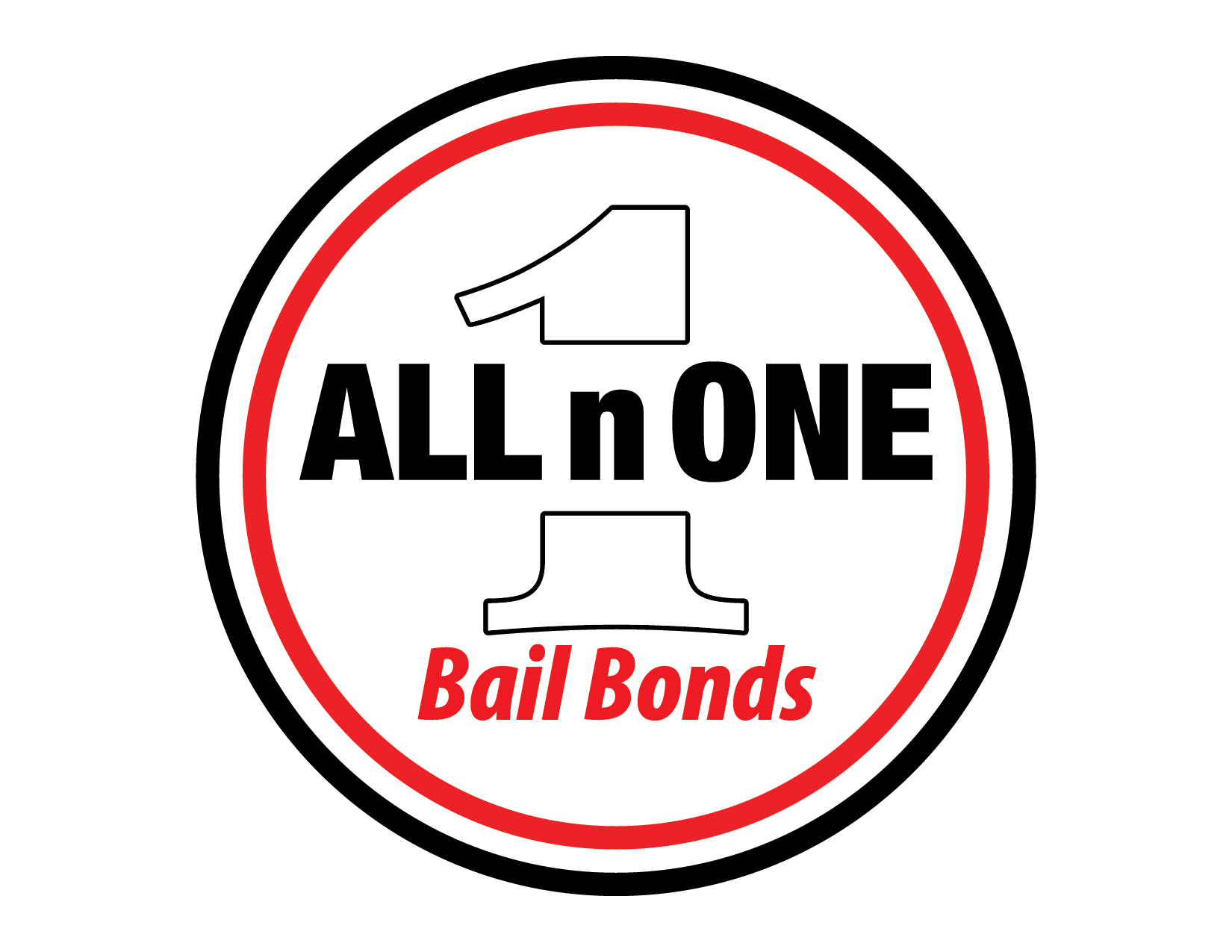In this quick guide, we cover the different types of warrants you may encounter in Tennessee. We also address frequently asked questions, such as what the most common type of warrant is and what the legality of no-knock warrants in the state is.
By the end of this article, you’ll have a better understanding of warrants and what to do when you have a warrant in TN.
As an experienced bail bond company, we’ve helped many people navigate the complexities of getting a bail bond when they have a warrant in Tennessee.
Let’s get started.
List of the Types of Warrants in Tennessee
Arrest Warrants
- Issued when there is probable cause to believe a person has committed a crime.
- Allows law enforcement to arrest and detain the individual.
- Can be issued for both felonies and misdemeanors.
Bench Warrants
- Issued by a judge when a person fails to appear in court or violates a court order.
- Can result in immediate arrest and potential jail time.
- Do not expire and can lead to an arrest anytime and anywhere once issued.
Search Warrants
- Issued by a judge when there is probable cause to believe evidence of a crime will be found in a specific location.
- Allows law enforcement to search and seize evidence from the specified premises.
- Must describe the place to be searched and the persons or things to be seized.
- Must be executed within five days after its issuance, otherwise it becomes void.
- The “good faith” exception to the exclusionary rule applies in Tennessee.
Distress Warrants
- Used by local collectors to issue a warrant for the collection of delinquent taxes.
- Allows for the seizure and sale of personal property belonging to a delinquent taxpayer.
- Before issuing a distress warrant, the local collector must give the taxpayer at least ten days’ written notice.
Fugitive Warrants
- Also called extradition warrants.
- Issued when a person is wanted for a crime in another state or jurisdiction.
- The person can be arrested in any state where they are found.
Grand Jury Indictment Warrants
- Issued when a grand jury determines enough evidence to charge a person with a crime.
- Leads to an arrest and formal charges being filed.
What is the Most Common Warrant Issued in Tennessee?
Arrest warrants and bench warrants are frequently issued in Tennessee, although it’s hard to say which is most common.
Several factors contribute to the prevalence of arrest warrants and bench warrants:
- High crime rates in certain areas of the state.
- Stiff laws and penalties for drug offenses, theft, and other common crimes.
- Failure to appear in court or comply with probation or parole terms.
Does Tennessee Allow No Knock Warrants?
Tennessee does not allow no-knock warrants. In fact, Tennessee is one of only four states that have explicitly banned their use.
The ban came after a number of high-profile cases sparked a national conversation about the dangers of no-knock raids.
Under the new law, Tennessee law enforcement officers must announce their presence and provide adequate time for occupants to respond before entering a property, even when executing a valid search warrant.
Currently, Tennessee, Florida, Oregon, and Virginia have banned no-knock warrants.
Disclaimer: Tennessee may have more current or accurate information. We make no warranties or guarantees about the accuracy, completeness, or adequacy of the information contained in this post. Please refer to official sources.

![Different Types of Warrants in Tennessee [Quick Guide]](https://allnonebail.com/wp-content/uploads/2024/03/jail.jpg)



